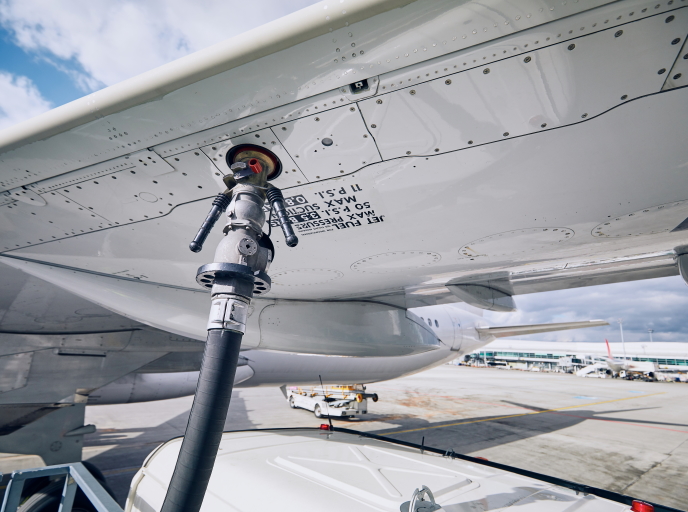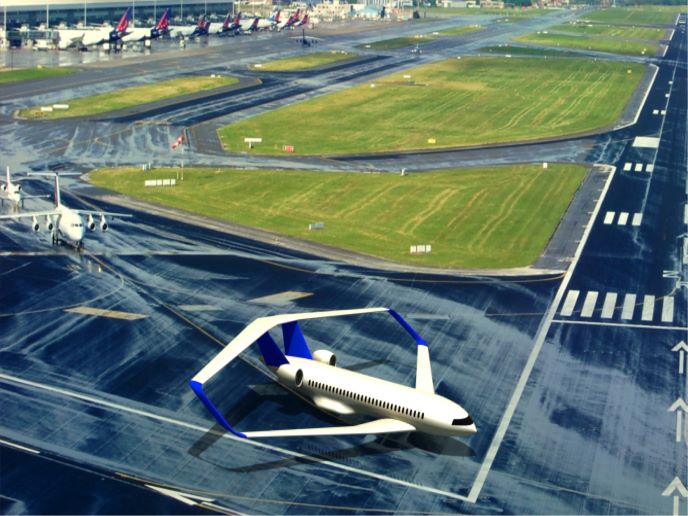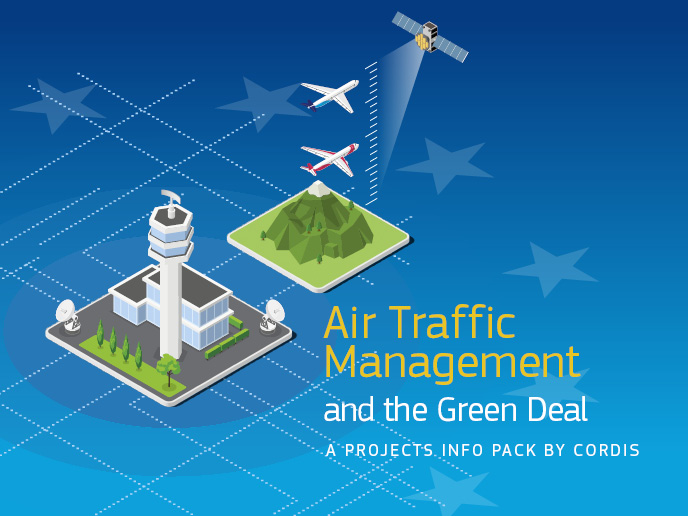Fuelling the future of aviation
While air transport is notoriously difficult to decarbonise, this is an important step in meeting the EU’s ambitious emission-reduction goals. A key tool in this challenge is the development of sustainable aviation fuels(opens in new window) (SAFs), made from used cooking oil, forestry waste material, household rubbish, fast-growing energy crops, and other sustainable sources. “A major focus is on reducing CO2 and non-CO2 emissions, as these are key contributors to aviation’s climate impact,” explains JETSCREEN(opens in new window) project coordinator Bastian Rauch from the German Aerospace Center(opens in new window). “Sustainable aviation fuels offer an effective way of mitigating climate impacts and improving local air quality.” SAF prices remain high relative to conventional fuels. There is a finite supply of sustainable feedstock, and ensuring the safety of these new fuels involves a detailed and costly evaluation process. The objective of the JETSCREEN project was to develop tools to support the rapid and cost-efficient approval of new fuels from a wide range of feedstocks. This will help push the sector towards greater sustainability. “Currently, substantial investments of time and finance are needed to support new fuels through international standardisation processes,” notes Rauch.
Pushing towards sustainability
The project began by creating a detailed understanding of the physics and chemistry behind fuel behaviour. The impact of different fuels on aviation systems and jet engines was studied and then assessed. This collaborative work led to the development of advanced design tools to accurately capture fuel behaviour, as well as a fuel screening platform. Technical data was systematically gathered to explore any risks and benefit related to using SAF. “We developed a rich set of modelling tools capable of predicting fuel behaviour from fuel composition information alone,” says Rauch. “These can now be used for the rapid screening and assessment of new candidate fuels, and to support the design of fuel-optimised aircraft and jet engines.”
Fuelling innovation
During the project, JETSCREEN provided prescreening services to five innovative fuel producers. By providing early-stage feedback, even fuels that initially did not conform to aviation requirements could be massively improved within a few months, making them viable SAF candidates. Rauch is confident that the prescreening tools developed in the project will help to facilitate the development and approval of new sustainable fuel production pathways. The JETSCREEN consortium has worked closely with the United States National Jet Fuel Combustion Program (NJFCP) to harmonise and further develop approaches for fuel prescreening, to support innovative research and development efforts. “The resulting methodology can now be used prior to formal fuel evaluation,” adds Rauch. “This gives fuel producers rapid and accurate feedback about the suitability and improvement potential of candidate fuels. Reducing risk at this critical early stage should encourage more investments in innovative fuel production technologies.” The JETSCREEN project was able to demonstrate that fuels without aromatics(opens in new window) – hydrocarbon compounds added to boost performance – can reduce non-volatile particle emissions by up to 80 %. If specifications were changed to permit such fuels, it would confer an immediate improvement on airport air quality, and significantly reduce aviation’s non-CO2 climate impact. Rauch’s team also developed new experiments to examine the performance of these reduced aromatic fuels. “This will help us to understand the impact of such fuels on existing aircraft, and enable us to design future SAF-optimised aircraft,” he says.







